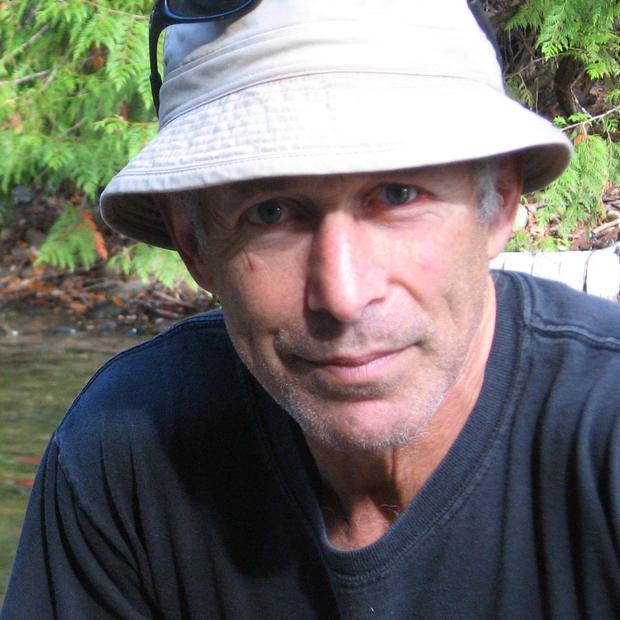A half-dozen years after that first heart transplant, I wrote a magazine article about Kantrowitz, so I spent several days hanging out with him at Sinai Hospital in Detroit, where he had recently moved from his native New York. (He had done that first U.S. transplant in Brooklyn.) Before I went to Detroit, I talked with a top UW Medical School cardiologist, who told me he was skeptical about some of Kantrowitz'ê claims for his surgical innovations. He didn'êt doubt the success. He just wasn'êt sure you could attribute it to the new devices or techniques. Kantrowitz was such a good doctor, he said, and did so many things for his patients, it was hard to know exactly why he succeeded.
Kantrowitz himself had no such doubts. He believed in surgery. Talking in the hospital cafeteria one afternoon, I suggested that cardiology, rather than surgery, might provide a useful approach to some heart problems. He dismissed non-surgical methods as 'êroots and herbs.'ê I assumed he was joking, and responded accordingly. He got angry. He hadn'êt been joking at all. If it wasn'êt surgery, it wasn'êt real medicine.
Not that he couldn'êt or didn'êt look beyond his specialty. At an early-morning medical meeting in the hospital, gastroenterologists put up an abdominal X-ray of a very sick woman in her 60s whose problem they hadn'êt been able to diagnose. No one else knew what was going on. Kantrowitz took one look at the X-ray and said, she has a necrotic bowel. The other surgeons operated. He was right. Unfortunately, they hadn'êt shown him the X-ray soon enough; the patient died.
But he had that kind of certainty. You have to be pretty darn sure of yourself if you'êre going to perform experimental heart surgery on human beings. I watched him do a triple bypass on a middle-aged man. The patient'ês chest was open. His blood was circulating through a heart and lung machine. This was a teaching hospital, so the operating room was crammed full of doctors at various stages of training and expertise. An M.D. anesthesiologist sat at the patient'ês head, monitoring vital signs.
At one point, part way through the surgery, the anesthesiologist grew alarmed. He told Kantrowitz that the patient'ês blood pressure was dropping dangerously. We could all see the monitor read out. It looked grim. No, Kantrowitz said; there'ês nothing wrong. The anesthesiologist cited his machine. Kantrowitz insisted. No, he said, the machine was wrong. He himself knew exactly what the patient'ês pressure was 'êbecause I'êm taking it directly in the heart, just like Harvey did it in the horse, 300 years ago!'ê
Of course, the expensive monitor was wrong. Dr. Adrian Kantrowitz was right. It was a kind of John Henry moment. The man had bested the machine. That wasn'êt part of his obituary. But when I saw the headline, it was the first thing that came to mind.


